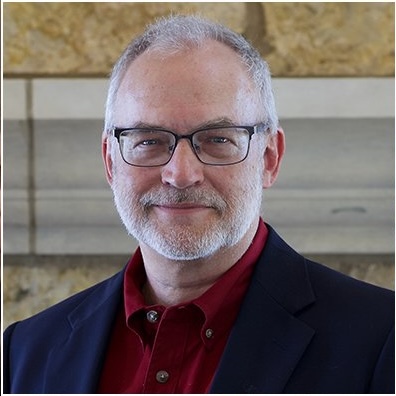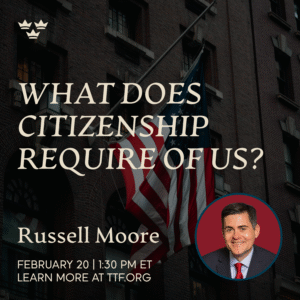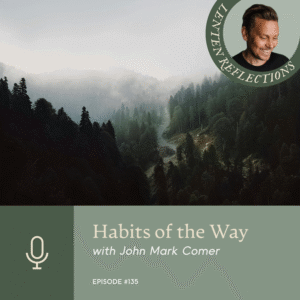The Fall, the Founding, and the Future of American Democracy with Dr. Tracy McKenzie
August 19, 2022
Overview
Speakers
-
 TRACY MCKENZIE
TRACY MCKENZIE -
 CHERIE HARDER
CHERIE HARDER
SHARE

